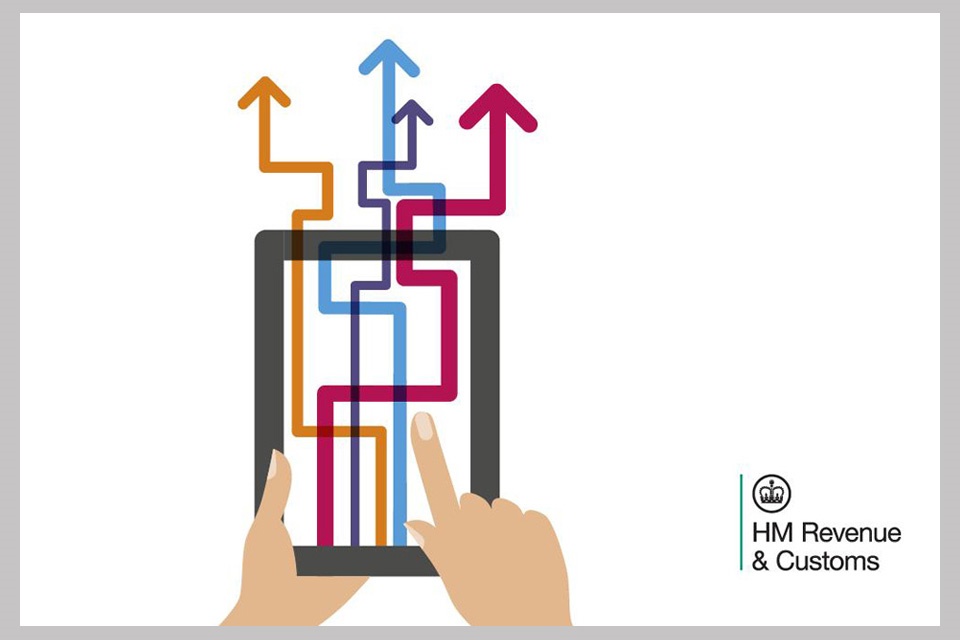
Older pensions could be delivering poor value for money:
In February, Research conducted by the Institute for Fiscal Studies funded by the Economic and Social Research Council, was published.
The new research found that:
- Many deferred pensions held by a sample of those in their 50s are in schemes with charges that are high relative to current market standards.
- Deferred pensions started longer ago typically have higher fees than pensions started more recently, and these differences do not look justified by better performance. Charges have fallen over time and deferred pensions often do not reflect these changing market conditions.
- Among people in their 50s contacting Profile Pensions, the average annual fee for deferred pensions taken out in the 1990s is above 1.1% of fund value, compared with around 0.9% for pensions taken out in the 2000s and 0.8% for pensions taken out in the 2010s. Very few pensions taken out a long time ago have low charges: four-fifths of the pensions started in 2013 have a charge of 0.75% or less, compared with just one-in-four of the pensions started in 2003 and one-in-nine of the pensions started in 1993.
- While the difference between 1.1% and 0.8% sounds small, it can make an important difference to retirement resources when cumulated over many years. For example, for a 50-year-old with a pot of £21,000, it would amount to a difference of around £2,400 at age 67 in today’s prices if annual investment returns going forwards are the same as the average over the past five years.
- Older deferred pensions may also not be invested in the way that people now want. Unlike with pensions taken out more recently, the equity allocation of pensions started longer ago is less likely to line up with a current assessment of people’s willingness to take on risk.
- This may be a particular issue for people approaching retirement, among whom the proportion of their pension funds invested in equities varies according to when their pension was started. Specifically, among pensions taken out more recently, there is a decline in the share invested in equities at older worker ages; no such decline is seen among pensions taken out longer ago.
Stratagem Financial Planning have explained this further in their blog post.
A pension is a long-term investment. The fund value may fluctuate and can go down, which would have an impact on the level of pension benefits available. Your pension income could also be affected by the interest rates at the time you take your benefits. The tax implications of pension withdrawals will be based on your individual circumstances, tax legislation and regulation, which are subject to change in the future.
Need more information?
Please note, whilst we as Chartered Accountants offer a wide range of services which are unique to your business, we are not financial advisors. We work with the award winning team of financial advisors at Stratagem Financial Planning. We urge you to contact them for further guidance on this article.
Our team of chartered accountants have a wealth of experience in a broad range of sectors, from construction and property to the charity sector. Our team work hard to ensure they create smart and effective tax-efficient solutions for start-ups to optimise growth and help them succeed. If you want to learn more about how the team can help or simply want some start-up advice from a trusted accountant do hesitate to contact us. For more information please do hesitate to contact us on 0161 962 1855. Alternatively you can email us using the form below and we will contact you as soon as possible.
Our fantastic team at A&C Chartered Accountants are here to help.










